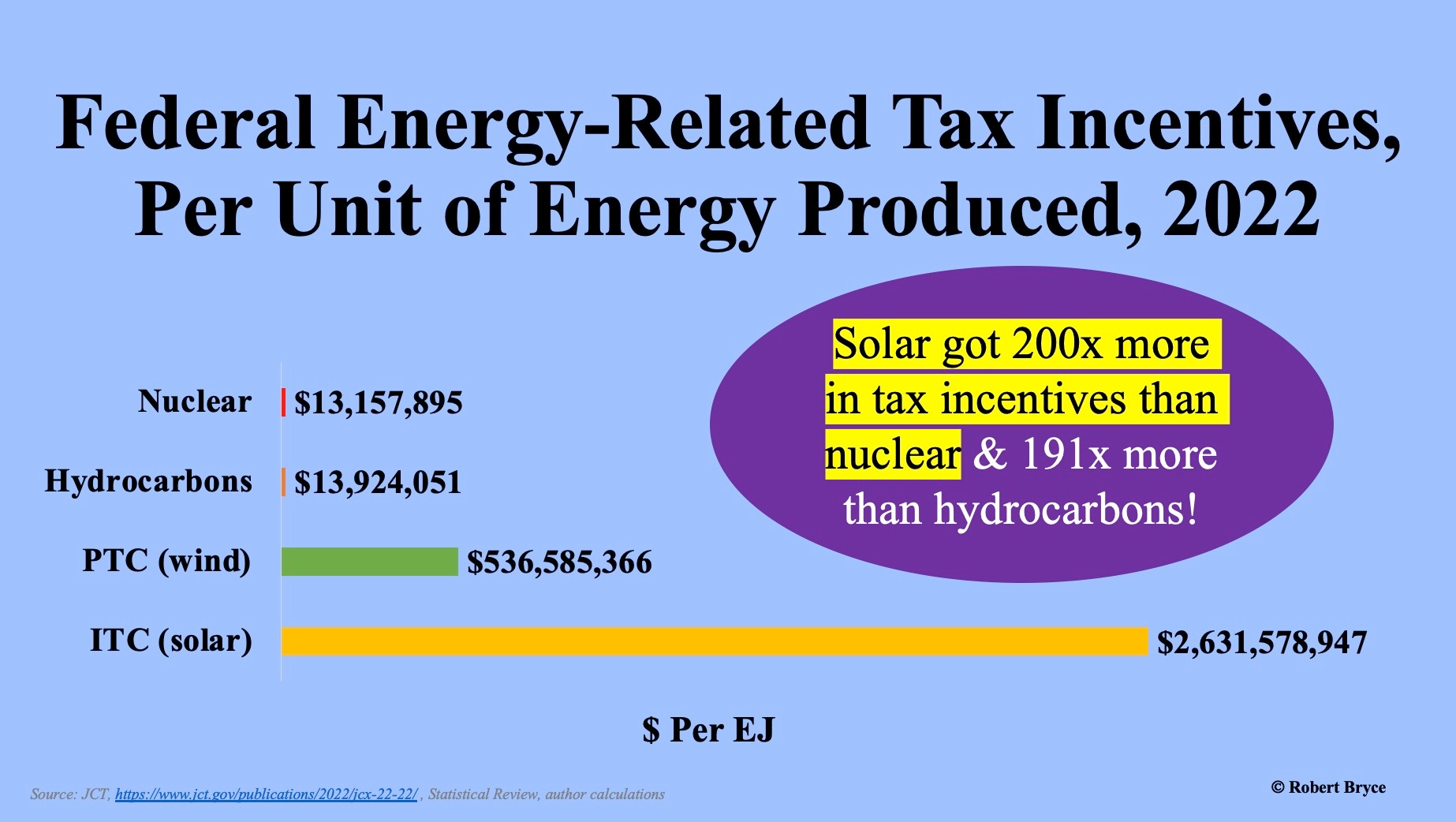
If the bank robber, Willie Sutton, were alive today and working in the electric utility sector, he’d surely be a solar energy developer.
Born in 1901, Sutton spent most of his life in and out of prison. The FBI has a webpage on Sutton, who was among the first fugitives to be on the FBI’s Most Wanted list. Sutton was known for “his ingenuity in executing robberies in various disguises.” The FBI entry continues, “Although he was a bank robber, Sutton had the reputation of a gentleman; in fact, people present at his robberies stated he was quite polite. One victim said witnessing one of Sutton’s robberies was like being at the movies, except the usher had a gun…When asked why he robbed banks, Sutton simply replied, ‘Because that’s where the money is.’”
Sutton’s adage applies to the electric business. As I noted here on Substack last week in “Nuclear Now?,” the U.S. nuclear energy sector has atrophied over the past two decades due to a lack of capital and other factors. Meanwhile, solar installations are booming. Over the last 10 years, domestic solar capacity has grown 13-fold. Last year alone, it grew by 18.5%. The main driver of the solar boom is obvious: that’s where the money is.

In 2022, when measured by the amount of energy produced, solar energy got 200 times more in federal tax incentives than nuclear. But that figure only reflects a fraction of the staggering amount of federal cash the solar sector stands to collect over the next three decades. According to estimates by Wood Mackenzie, under the Inflation Reduction Act, the solar industry could collect some $900 billion in federal tax incentives between now and 2060. I’ll dive into those numbers in a moment.
Before I do so, here are three reasons why you should be incensed by these solar giveaways.
First, these numbers prove, yet again, that the alt-energy sector continues to be fueled by corporate welfare. For years, advocates for wind and solar energy have claimed that their schemes are cheaper than traditional forms of electricity generation. Last year, John Kerry, the Biden administration’s climate envoy, claimed that “Solar and wind are less expensive than coal or oil or gas. They just are less expensive.” If that were true, and solar energy is too cheap to meter, then the industry shouldn’t need tax credits.
Read the rest of this piece at Robert Bryce Substack.
Robert Bryce is a Texas-based author, journalist, film producer, and podcaster. His articles have appeared in a myriad of publications including the Wall Street Journal, New York Times, Forbes, Time, Austin Chronicle, and Sydney Morning Herald.
Photo: FBI archives, Public Domain.












